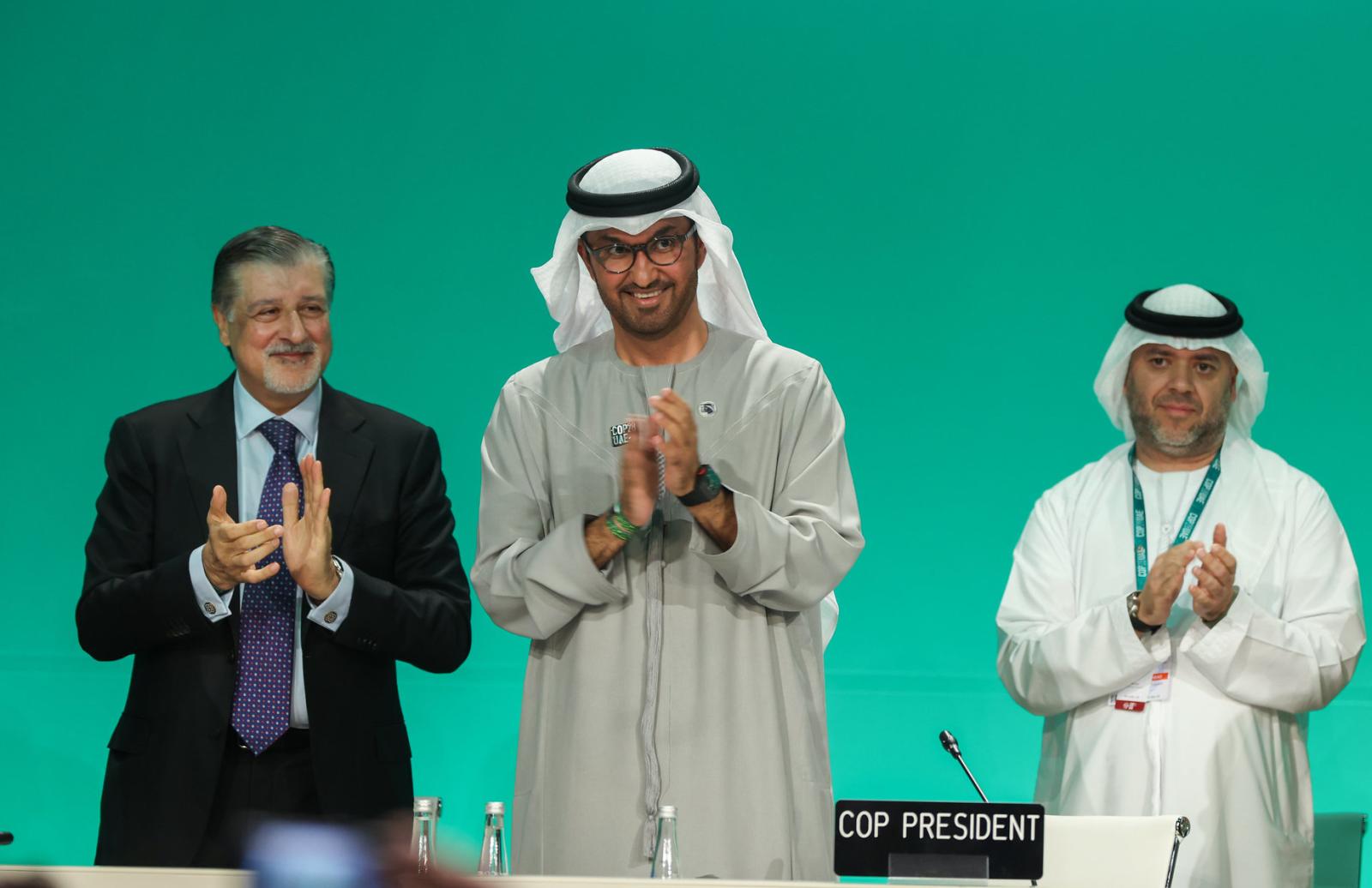Beijing's slopes are still "hot" after the results with which Usain Bolt astonished the whole world in 2008: the world 100 metres record in only 9"69 and the 200 meters record in 19"30. Only a year later, in Berlin, Bolt managed to improve both results by 11 hundredths of a second, stopping the clock at 19"19 in the 200 metres final and at 9"58 in the 100 metres final.
It was precisely the extraordinary results achieved by the Jamaican that spurred many scholars to try figuring out how many possible improvements we will see from now on, including in the next Olympic Games.
Following Beijing 2008, Mark Denny, a biologist at Stanford University, has compared the performance in man race with those of two different animal species, the dog and the horse, in an attempt to observe for all of them the degree of improvement that can be achieved in the future. The researcher thus found and studied the data on the performance of dogs dating back to the twenties, and for man and horse into the nineteenth century.
According to this analysis, dogs and horses have already reached the maximum of their performance: while for horses there have been no further improvements since the forties, for dogs the peak was probably reached in the seventies of the last century; however, Denny himself clarifies that perhaps for horses there may still be scope for a 1% improvement.
For men instead, in the case of men fast races, according to Denny there is still margin for improvement, given that his extrapolations lead to a limit of 9.48 seconds for the 100 metres, therefore only 1 tenth of a second less than Bolt's record achieved in 2009. Bolt's record would seem to be less than 1% away from the limit assumed by the researcher Mark Denny. On the contrary, the gap between the limit extrapolated by the biologist and the current record for the women's 100 meters is wider: starting from the current record by the American Florence Griffith-Joyner, and therefore her 10.49 seconds, a further fall of 0.4 seconds should be possible and, therefore, an improvement of almost 4%.In this respect, some comment however, that the margin for improvement for female athletes is greater than those for their male colleagues because in the case of women, at least at the professional level, the sport began later than men.
Much less severe are the estimates by Pietro Enrico di Prampero, physiologist at the University of Geneva, who recovered a study made in 1982 by New Zealand physiologist R. Hugh Morton. The latter by using an asymptotic function, i.e., a final limit to which the record tends, forecast much more substantial possible improvements compared to Denny's estimates. If for the 100 meters, in the case of Bolt in 2009 we are in fact, at around 5% higher than the final record, with regard to races of greater distance, the differences between existing records and the final ones calculated by Morton range from 9 to 12%, with the exception of the 3000 meters where the difference reaches 17%.
But as we are reminded by Pietro Enrico di Prampero himself, the asymptote, i.e. the final record will be reached in an infinite time. It is however, possible to calculate the year in which the 1% barrier is reached compared to the final record: for many of the Olympic sports this would vary between the year 2187 and 2254.The strongest sprinter in the world in this time frame, according to Pietro Enrico di Prampero, will run the 100 meters in 9"15 at an average speed of 39.344 km/h while the middle-distance runners will run the 5,000-metres in 11'20 "(current record is 12'37"35).
According to other studies instead the male record will reach the theoretical peak much earlier, between 2020 and 2060: Alain Neville from the University of Wolverhampton and Gregory White of the English Institute of Sport state in fact that performance will not improve by more than 1-3% compared to current ones, presenting improvement estimates closer to those proposed by Denny: the marathon for example, for which the current record is 2h4'26 " may be run in the future in no less than 2h3'09".
The French Jean-Francois Toussaint conducted an analysis which shows that since 2060, the Athletics and many other sports might become insignificant, as it will no longer be possible to beat any records.Taking into account over 3200 sports records achieved since 1896, the researcher observed that athletes one hundred years ago exploited 75% of their psychological capacity and now they have reached 99%, thus reaching the top.
Within the next half century there will be no more barriers to overcome and champions will stop. For this reason Athletics may well cease to be exciting as from 2027.
In conclusion it would seem that, if from a temporal point of view scholars provide different estimates which are more or less flexible, with regard to reaching the limit of human capabilities, all analyses agree on one fact: sooner or later, the goal to reach for many of the future editions of the Olympic Games will be that of defeating spectators' boredom.
by Giuseppe Nucera


